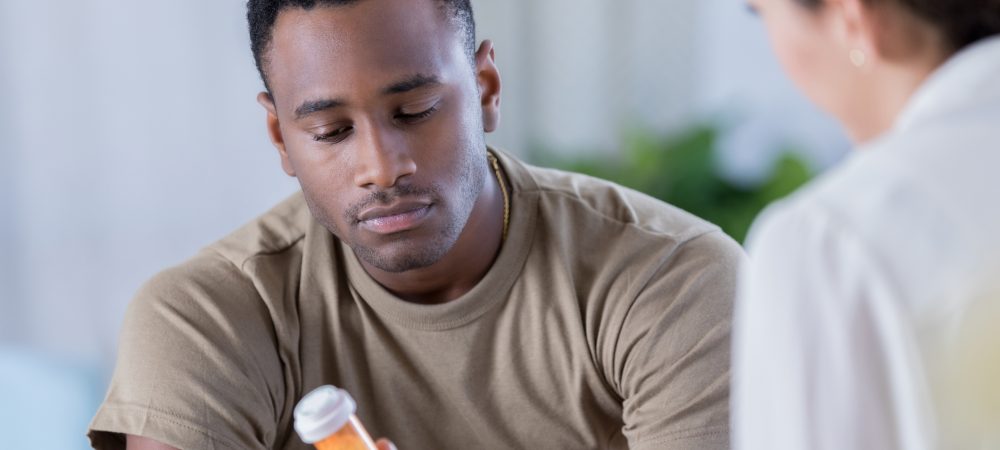


The opioid crisis shows no signs of slowing down, remaining a worrying and overtly pressing public health concern as the nation continues to battle the COVID19 pandemic. While many complex factors contribute to the growing addiction and overdose death statistics, the occurrence of people sharing their opioid medications with friends and family is still widely common but not frequently discussed.
A 2019 study shows that although 75% of people surveyed believe that sharing or selling unused prescriptions contributed to the opioid crisis, 1 in 10 people admitted to offering or giving medications to their friends and family for medical or recreational use. While people who do this often don’t have ill intentions, especially when someone is suffering from an injury or acute pain, it can quickly become problematic and reflects how casually people are still handling a very potent drug.
The many different reasons people may have for sharing medication are more profound than what appears on the surface. Before the current knowledge of how deadly and addictive prescription opioid medications can be, and decades before the new 2016 prescribing guidelines, doctors gave patients large quantities of powerful opioids for even mild or anticipated pain. This caused many households to have leftover medicine used in case of an accident or injury since they were always considered more effective than anything available over the counter. Still, not everyone was able to do so without these instances eventually leading to misuse and addiction. Those unaware that two out of three people addicted to opioids first obtained them from a family member or friend may think that sharing their medication is helpful when it’s actually an unsafe practice.
Another reason some share their medication is due to 27.5 million Americans living without health insurance. For those people, a trip to the emergency room or doctor could cost thousands of dollars, leading them to improvise when dealing with an injury or chronic pain. Similarly, many families also share antibiotics, which fueled problems in healthcare, causing a rise in antibiotic resistance and many other dangerous outcomes.
Many people share and seek out other people’s opioid medication most recently due to new prescribing guidelines. It’s much more difficult to obtain a script for opioids from a doctor, but many have become dependent on them. This particular issue is complicated because about 50 million Americans, or about 20%, are living with chronic pain. Unfortunately, a high percentage of those people in pain took opioids long-term before new information was revealed that in some cases, they could make pain worse and last longer.
The most significant effort that can be made to prevent further sharing of opioid medications is to spread awareness and education. Opioids still have vast medical applications outside of painkiller prescriptions, so it’s unlikely they will disappear completely. However, more people are becoming aware of the dangers of opioid medications and sharing them and how they’re impacting the ongoing overdose crisis. Still, more needs to be done to promote safe opioid medication disposal and opioid alternatives for chronic pain.
Middlesex Recovery strives to provide safe and effective opioid addiction treatment. A skillful and knowledgeable team of specialized medical providers, nursing staff, and substance use counselors are prepared to help each patient achieve long-lasting recovery. Give us a call or message us today to learn more about our treatment programs.